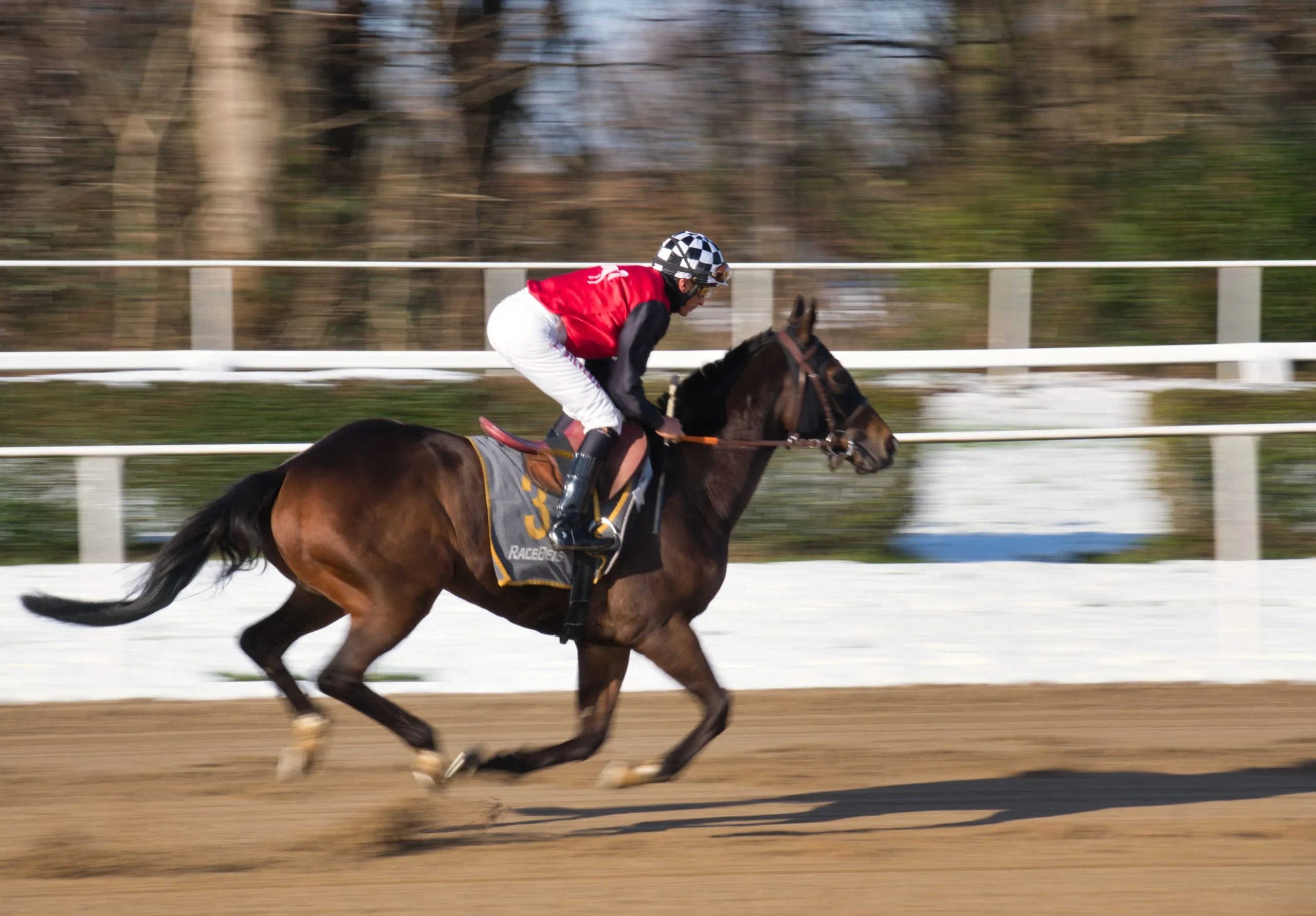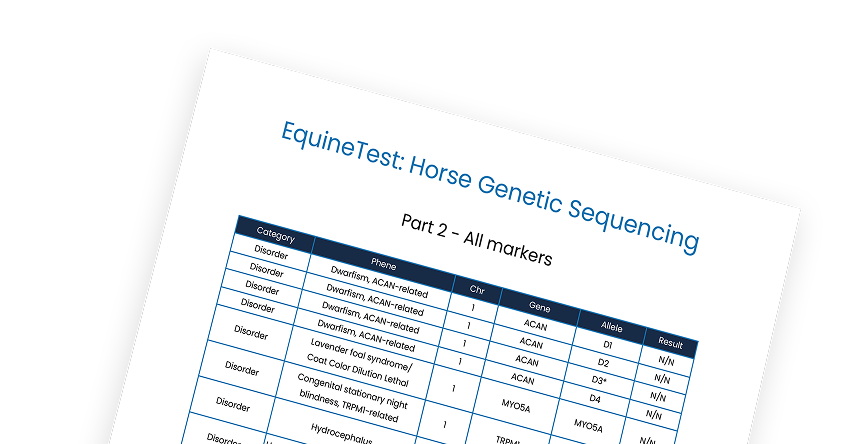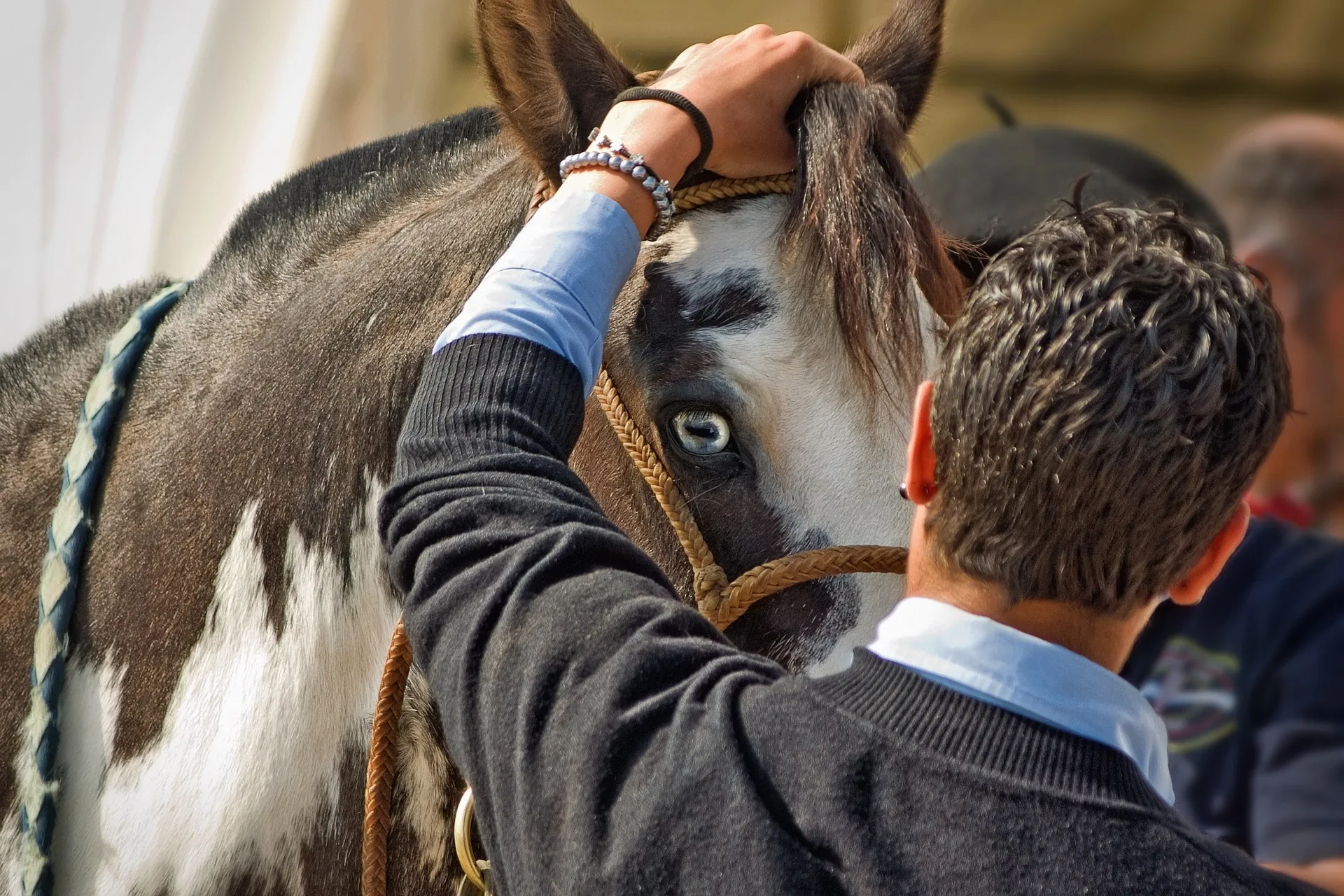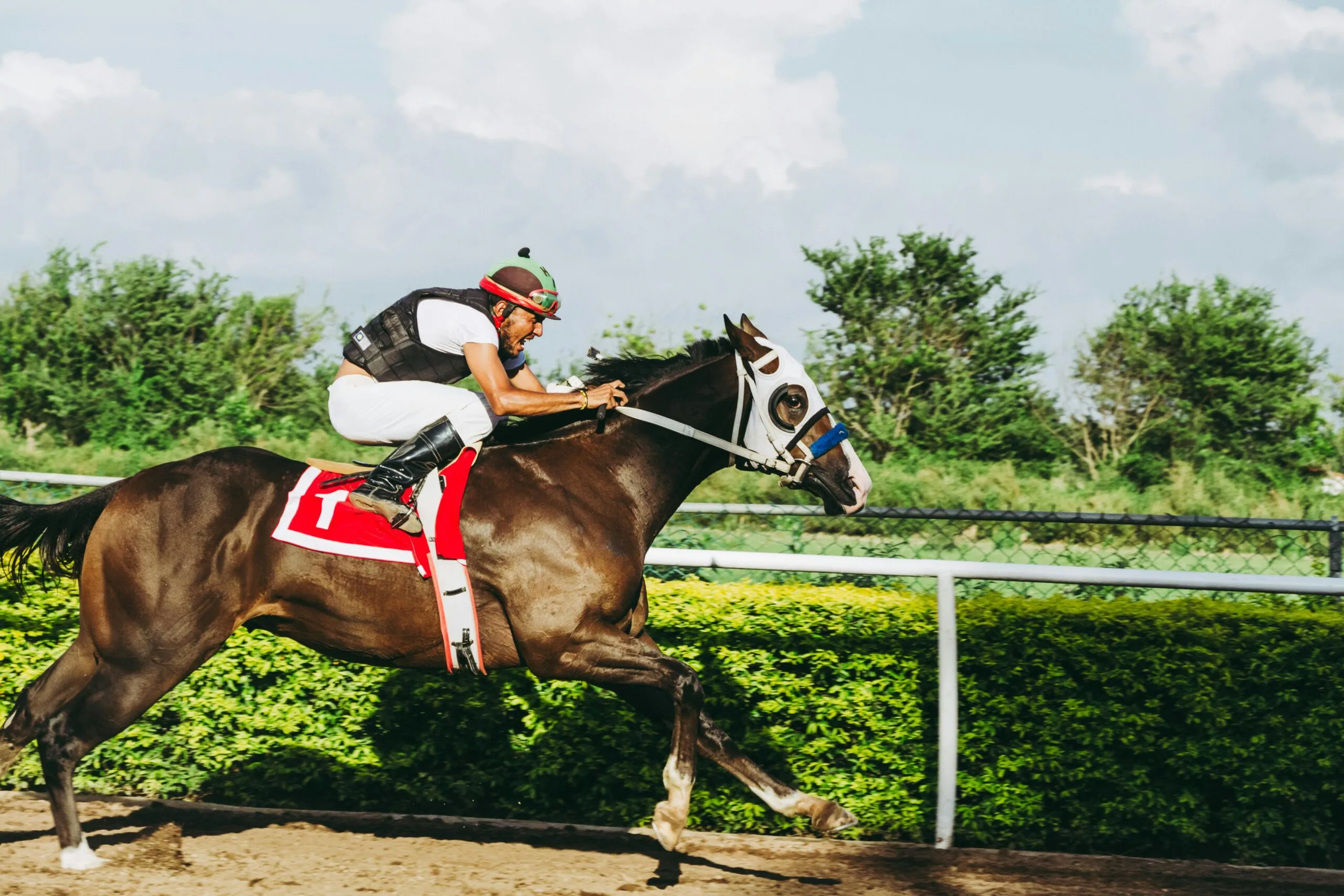
- Horses
24. 7. 2025
Genetics in the Face of Doping
At the beginning of the year, the British Horseracing Authority (BHA) announced that racehorses in Britain would undergo testing for gene doping with immediate effect. Gene doping has been banned since 2004 by the World Anti-Doping Agency (WADA) both in humans and animals, and so far, there is no evidence that gene doping is actually taking place in horses.
It’s defined as: “The use of nucleic acids or nucleic acid analogues that may alter genome sequences and/or alter gene expression by any mechanism. This includes but is not limited to gene editing, gene silencing and gene transfer technologies.” Or, in English, gene doping refers to the manipulation of a horse's genetic information to enhance its performance.
You may have heard of a similar procedure that is based on similar genetic principles as gene doping, but performed for a different purpose, to treat a specific disease. This is known as gene therapy.
But how do we know whether a horse has been genetically modified or if it has inherited a certain trait from its parents? Multiple methods allow us to detect this. We can divide them into two groups - direct methods, which target changes in the DNA, and indirect methods, which target products of the altered DNA. Direct methods are preferred because it’s easier to differentiate between modified and non-modified genes than their products, as modified genes are surrounded by specific structures that allow the gene to function properly in the organism, while also allowing us to detect it. The go-to methods are PCR-based and enable us to target only a few predetermined genes. These predetermined genes may include genes affecting the muscle mass, muscle contraction, exercise adaptation, growth factors, growth hormone (somatotropin) and oxygen transport.
Advantages of PCR-based methods include great sensitivity, specificity, precision and reliability. Its disadvantages include, as mentioned earlier, that it requires a very specific goal that is determined in advance, or, in other words, we need to know what we are looking for before running the test. Unfortunately, with possible gene doping, that can't be done without a bit of guesswork, because we don’t know exactly what we are looking for.
However, there are still other methods that may be convenient for detecting gene doping, and whole genome sequencing might be one of them. One of its main advantages is that it allows us to find suspicious changes in the horse’s DNA without knowing the target - it reveals everything. It also allows us to compare the genetic information of an offspring to that of its parents to differentiate whether the genes behind a horse’s performance were inherited or added artificially. Although whole genome sequencing is currently more expensive and time-consuming, it may eventually become part of anti-doping protocols. In the meantime, you can already try whole genome sequencing on your own today using EquineTest services. See here for more details.





